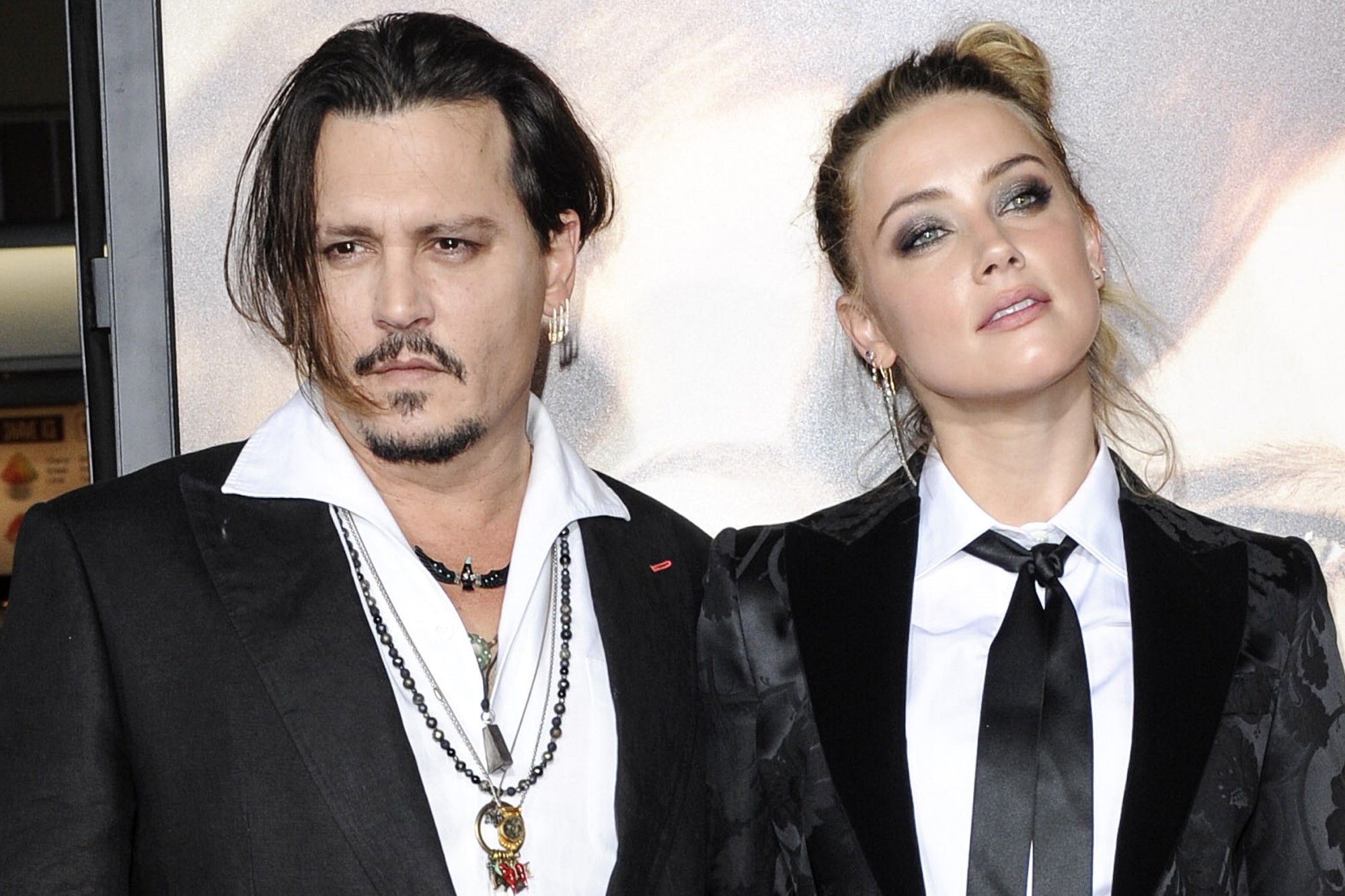The Ethics of Reproducing Trauma in Celebrity Biopics

Practically every streaming service available has a new biopic revisiting celebrity scandals or scandals that turned former unknowns into cultural villains. Hulu just released The Dropout, a series that focuses on the infamous Elizabeth Holmes who lied about the effectiveness of her company’s game-changing blood test for diagnosing diseases. Netflix just released both Inventing Anna and The Tinder Swindler exposing the rise and fall of two con artists turned elite socialites. A number of other biopics are set to be released this year covering music stars like Elvis and Bob Dylan as well as documenting the important stories of Emmet Till and the journalists who broke the story on Harvey Weinstein’s rampant sexual abuse in Hollywood. As this wave of series and films are released, it is important to remember that these depictions memorialize difficult personal moments and are often told from a very specific angle – whether it be sympathetic or not to their subjects. The act of trying to tell other people’s real-life stories raises a multitude of questions about the ethics of taking a private event and turning it into a public spectacle. These questions become particularly pertinent when the biopics are made without the consent of the subject they are covering.
Obviously, there are many things to be gained from films and television that cover real historical events and people. After all, Schindler’s List – considered one of the most important movies ever made – is a historical drama that explores the tragedy and resistance in Nazi Germany, as well as the brave efforts of Oskar Schindler, a real man who saved Jewish people during WWII. The film covers one of the most traumatic events in modern human history, yet surely no one would argue against making a film such as this.
A more recent example of such a successful historical biopic is the story of Black Panther leader Fred Hampton in Judas and the Black Messiah. The film depicts the violence that Black Americans faced in the 1960s from governmental organizations trying to quell the civil rights movement. Fred Hampton’s end is, tragically, also a traumatic one, but is one that a majority of Americans need to see in order to unlearn a white-washed version of American history. The movie’s makers were able to get permission from Hampton’s family to produce his story on screen, but securing consent from the subject or subject’s family is not always an option. Does that mean that the film shouldn’t be made? Surely the subjects of The Dropout and Tinder Swindler would rather not have their crimes brought to the screen.
What happens when filmmakers reach out for consent, but are denied? Studios have to weigh the risk of not getting permission from the subject and then potentially being sued later for defamation if the subject objects to the way that they were portrayed. Oftentimes, however, these cases get thrown out because it can be particularly hard to prove defamation, especially if the story is already well-known. The other option that studios have is to buy the life rights to a story. Life rights offer multiple benefits for studios because they provide legal protection and insider-access to the subject in a competitive movie-making market. These legal protections allow studios to exercise a good deal of creative license over a story, which often strays from the truth of actual events. Yet, they are still able to claim that their film is based off of a true story, which often lends extra significance to a story.
Ultimately, asking for subjects’ consent in film-making is treated more as a friendly gesture than a priority. The current state of affairs leaves very little room for the actual subject to have any sort of agency over how their story is told, especially when they are up against multi-million movie production companies. While studios may claim they are simply producing art, in the 21st century it is highly possible that an audience would take what they see on-screen at face value, especially when it is labeled a true story.
There are two very recent examples of this sort of conflict in the film House of Gucci and the Hulu series Pam & Tommy. In the first, the story of Patrizia Reggiani’s plot to assassinate the heir of the Gucci legacy, Maurizio Gucci, in the 1990s. The film featured an all-star cast with the role of Patrizia being played by Lady Gaga, who created an internet frenzy when it was revealed Gaga did not want to meet the character she was playing in the film. While Gaga had her own fair reasons for not wanting to meet the convicted murderer, Reggiani has criticized Gaga’s decision to not reach out. Meanwhile, the Gucci family has been vocal in their criticism of the film, particularly the sympathetic view the movie takes toward Reggiani as a woman trying to climb a patriarchal ladder. They also charged the film with chasing profits first and foremost, without a thought as to the potential impact the film might have on the family. In response to this criticism, director Ridley Scott only pointed out that the Gucci family has its own history of profit-seeking, which has placed them in the “public domain.” We might wonder, however, whether this reasoning is enough to outweigh the potentially traumatic impact of seeing their family member’s murder played out on the big screen. What obligations might filmmakers have when telling someone else’s story – especially a version they can sell to the public?
The new Hulu series, Pam & Tommy (2021), complicates this question even further as Pamela Anderson not only refused to give consent to the show, but has also spoken out about the trauma she endured. The release of the tape over two decades ago forever scarred her life as Anderson faced all manner of slut-shaming, misogyny, and invasions of privacy. Of course, as her career plummeted, her abusive partner in the tape only gained more status to his rock ‘n’ roll image.
All of this was mostly forgotten by younger generations who might’ve never even known the names otherwise. But Hulu’s series drudges up the sordid details and presents them anew. While showrunners claim to be defending Anderson in a way that she was not in the early 2000s, the series still does harm by simply revisiting all of this past trauma and bringing it to the forefront of headlines and social media. The reactions of Anderson and Lee make it clear who still benefits from this production. While Tommy Lee has praised the actor portraying him, Anderson posted to Instagram about refusing to be victimized once again, and continues to identify herself as a survivor. Anderson has also revealed that she’ll will be able to make her own documentary that truly tells the tale from her perspective. Will shining a new light on the story justify its production?
Anderson’s case is especially troubling because of the potential retruamatization. The Gucci family too stand to be deeply impacted, not only emotionally, but also financially by their family’s, and brand’s, name being dragged by a Hollywood film. These productions raise serious concerns over the lack of agency that one can have over how their story is told. What are the ethical boundaries of memorializing someone’s darkest moment for the world to see? What sort of responsibilities should showrunners be held to when attempting to produce “true” versions of someone else’s tale? And what might it say about modern society that we are so hungry for these fictionalized accounts of other people’s lives that they’ve become such lucrative projects?




